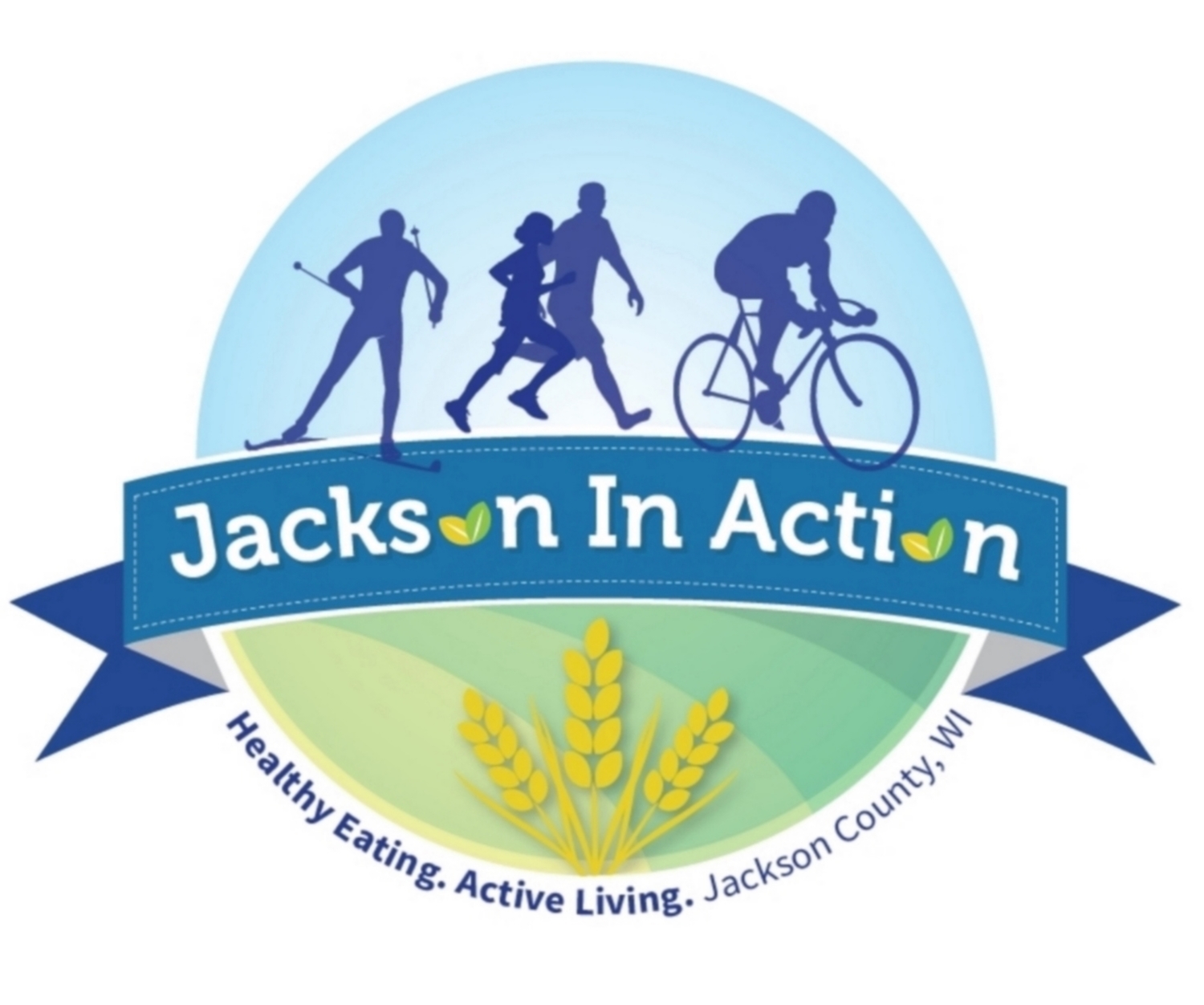By Rachel Turi, Jackson In Action Contributor
Energy needs of an adult increase with activity. Every individual’s energy needs differ based on gender, age, body composition, amount and type of physical activity. So how do you know what you need? There is no single answer, but here are some tips for eating to fuel your run or walk!
Following a nutrient-dense, well-balanced diet, you can easily meet your needs for endurance exercise.
Carbohydrates
Carbohydrates provide the perfect fuel for most endurance activities, including running and walking. Carbs are easily digested and quickly used by your body for energy. A diet that includes enough carbohydrates can prevent early fatigue and injury. Carbohydrates are a primary fuel for exercise and sports, especially those of moderate to high intensities. What is recommended amount of carbohydrates? 50-75 grams of easily-digested carbohydrates can be consumed two hours before a run. What does that look like? This could include about 1.5 cups of pasta (70 g), one cup of fresh fruit (30 g) with 2 pieces of toast (30 g), 1 large bagel (45 g), once cup of rice (45 g) with a glass of milk (12 g), one large baked potato (50 g) with a cup of veggies (5 g), along with many other options! Then add some protein and fat to make it a meal! Closer to your run, in the hour beforehand, 15-25 grams of carbohydrates can be consumed. This could be done by eating a piece of fruit such as a banana or apple, handful of pretzels, 3 graham cracker squares, a packet of oatmeal, a granola bar, among others.
Fats
Fat is an essential source of energy for longer, lower- to moderate-intensity exercise. Healthy sources of fat include foods such as fatty fish, nuts and nut butters, nut oils, vegetable oils, avocados and olives. Limit your intake of saturated fat, which comes from dairy foods such as whole milk, butter and high-fat cheese. Animal products, including high fat meats are also sources of saturated fat. Try to avoid foods that contain trans fats such as hydrogenated oils.
Protein
Protein has many purposes and benefits for the endurance exerciser, such as building and repairing muscles and promoting immune health. Protein also is used as a minor fuel for endurance exercise. The protein needs of active individuals varies greatly depending on type of exercise and body composition. For the highly active endurance athlete, protein needs may be increased, but for the casual runner or walker, normal protein recommendations (0.8-1.0 g/kg body weight) are adequate. When choosing protein options, look for low-fat or fat-free milk, low-fat cheeses and lean, trimmed meats. This way, you get calcium and protein with much less saturated fat.
Snack Ideas
Snacks can be consumed any time of day, but are especially useful when helping to fuel before or recover after a workout. The right food choices in the right portions provide a fuel boost. Pre-run snacks boost blood glucose levels, and can top off muscle carbohydrate stores which is essential for longer, harder runs. The more time for digestion, the larger the snack. Aim for 12 to 15 grams of protein, and 35 to 50 grams of carbohydrates, and not much more, to prevent over-eating and keeping weight in check. Post-run, snacks help repair muscles and provide the body with fuel and fluids lost during exercise. Examples: Low-fat chocolate milk, trail mix with dried fruit, pita bread with hummus, peanut butter and jelly sandwich, energy bar with a balance of carbs, fat and protein, crackers with cheese or peanut butter, or Greek yogurt with granola or fruit.
Looking for a healthy snack to make on your own? Try these nutritious and tasty energy bars to fuel you before or replenish you after a workout!
BWELLthy Bars
Note: Make granola first, then use as an ingredient in the BWELLthy Bars
Ingredients:
Almond Granola
- 3 c. Rolled Oats
- 3 T. Brown Sugar
- 1/2 t. Cinnamon
- 1/4 t. Salt
- 1/3 c. Honey
- 1/8 c. Vegetable Oil
- 1 t. Vanilla
- 1/2 c. Chopped Almonds
BWELLthy Bars
- 2 c. Granola - prepared (recipe above)
- 1/4 c. Flax seed - ground
- 1/4 c. Oat Bran
- 1/4 c. Pumpkin or Sunflower seeds
- 1/8 c. peanut , Almond or sunflower butter
- 1/3 c. Honey
- 1/4 c. Brown Rice Syrup or honey
- 1 c. Dried Fruit (craisins, raisins, etc. )
- Version #2 Add before Baking:1/2 c. chocolate chips, 1/2 c. chopped peanuts
Instructions:
- For Granola: Heat oven to 300 degrees. Place oats, sugar, cinnamon & salt in a bowl and set aside. Mix honey, oil and vanilla in a bowl. Pour over oat mixture. Mix thoroughly. Spread on cookie sheet, bake for 20 minutes. Remove let cool. Add almonds after mixture cools. Mix thoroughly.
- For Bars: Heat oven to 300 degrees. Mix all ingredients together. Use hands to bind. Place parchment paper on 9 x 9 pan or cookie sheet. Spread mixture on pan. Place plastic film to cover and pat down until 1/2" in thickness. Bake @ 300 degrees for 10 - 12 minutes - DO NOT let it over-brown. When edges start to color remove from oven. Let Cool. Yield: 12 bars.
- Food Groups: Approx. 2 Bread/Grain, 1 Protein, 1 Fat 1 pan = 12 bars.
- Nutrition Facts: Approx. 144 Calories, 3g Fat, 27g Carbohydrate, 2.5 g Protein 30 mg. Sodium
Developed by Nutrition Services Department - Black River Memorial Hospital
photo credit, healthy aperture: http://www.fuelingenduranceperformance.com/2012/02/ride-bars/



